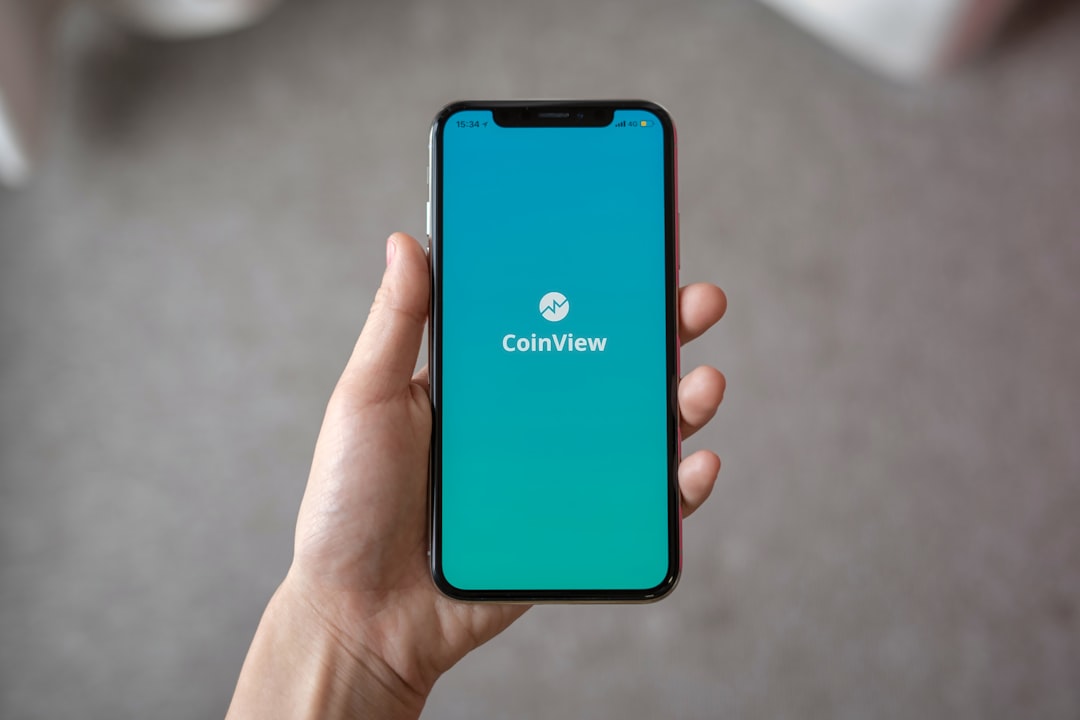In Alabama, the Fair Debt Collection Practices Act (AL FDCPA) defines a "debt collector" broadly and prohibits them from using threats, harassment, or false information. Violators face severe consequences, including damages and attorney fees. Consumers with rights infringements can take legal action with help from a debt collector Lawyer Alabama, ensuring ethical debt collection practices and safeguarding consumer rights.
“Exploring Alabama’s Fair Debt Collection Practices Act (AL FDCPA) is crucial for every debtor navigating debt collection in the state. This comprehensive guide delves into your rights, who constitutes a debt collector under AL FDCPA, and the consequences of violations. As a debtor, understanding these aspects is key to protecting yourself from aggressive or unfair practices. If you’re facing debt collection issues, consulting with an experienced debt collector lawyer in Alabama can provide clarity and ensure your rights are upheld.”
Understanding the Alabama Fair Debt Collection Practices Act: Your Rights as a Debtor

Understanding the Alabama Fair Debt Collection Practices Act (ADFPAA) is crucial for any debtor in the state. This law, much like its federal counterpart, aims to protect consumers from abusive or unfair debt collection practices. If you’re dealing with a debt collector in Alabama, you have specific rights guaranteed under this act. For instance, debt collectors must identify themselves, provide validation of your debt, and refrain from making false or deceptive statements. They also cannot contact you at unreasonable times or places, use harassing or abusive language, or threaten legal action without intent to follow through.
Hiring a debt collector lawyer in Alabama can be beneficial if you believe your rights have been violated. These legal professionals are equipped to guide debtors through the complexities of the ADFPAA, ensuring they receive fair treatment and understand their options. By knowing your rights, you can effectively navigate interactions with debt collectors and protect yourself from potential legal issues.
Who is Considered a Debt Collector Under AL FDCPA?

In Alabama, the Fair Debt Collection Practices Act (AL FDCPA) defines a “debt collector” quite broadly. Per this definition, any individual or entity engaged in the business of collecting debts on behalf of others qualifies as a debt collector under the AL FDCPA. This includes law firms, collection agencies, and even creditors who collect their own debts, so long as they employ methods described in the Act.
A debt collector Lawyer Alabama can help individuals understand their rights under this legislation. The key is to recognize that the Act prohibits unfair or deceptive practices, such as using threats, harassment, or false information to pressure consumers into repaying debts. As such, any business or individual operating within the state of Alabama that fits the debt collector definition must adhere to these regulations, ensuring fair and ethical collection practices.
Enforcement and Penalties: What Happens if a Debt Collector Violates the Act?

If a debt collector in Alabama violates the state’s Fair Debt Collection Practices Act, they can face severe consequences and penalties. Consumers who believe their rights have been infringed upon by a debt collector are protected under this legislation and can take legal action. A debt collector Lawyer Alabama can guide individuals on how to pursue such cases.
Penalties for violations include actual damages and reasonable attorney fees for the consumer. In some instances, consumers may also be entitled to additional compensatory damages and punitive damages if the court finds the violation was willful or intentional. This robust legal framework ensures that debt collectors adhere to fair and ethical practices when dealing with Alabama residents, safeguarding consumers’ rights and providing recourse for any perceived wrongdoings.






